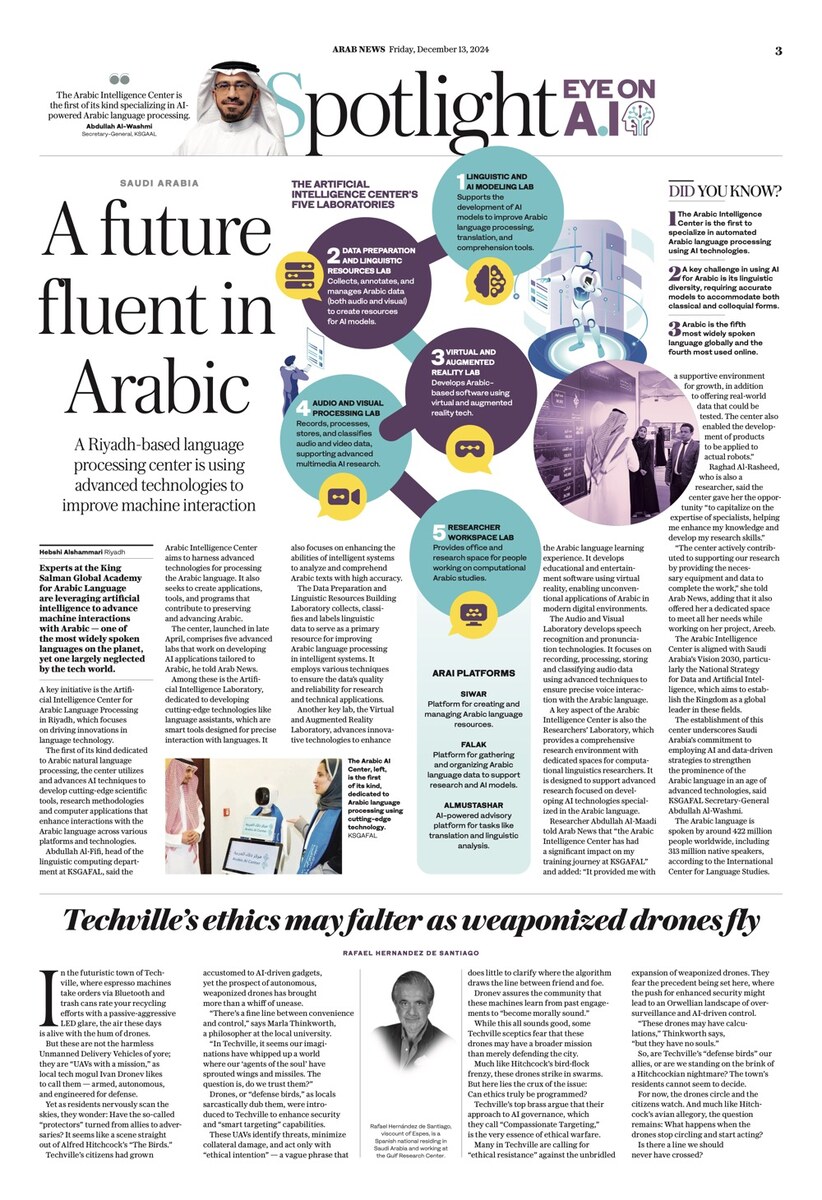JEDDAH: Excitement filled Jeddah’s historic Al-Balad district, as football fans from the Kingdom and around the world gathered for the FIFA Club World Cup final, which was hosted by Saudi Arabia for the first time this year.
Manchester City beat Fluminense 4-0 in Jeddah on Friday to become Club World Cup champions.
Lake Al-Arbaeen Park was set up with giant screens to host fans for the event, and the space also included entertainment activities, cultural shows, and restaurants serving culinary delights.
The historical district in Jeddah has become an outlet and a goal for international audiences wishing to learn more about Saudi culture, arts and heritage.
Everyone is keen to provide everything that would leave a positive impact on fans from different countries. It is also an opportunity to highlight the true culture of Saudi Arabia with its generosity and gallantry.
Sultan Haqqoui Al-Qalaa, Folklore Troupe director
FIFA President Gianni Infantino performed a traditional Saudi dance with a folk group during the event, demonstrating his respect for Saudi culture, customs and traditions, and showing how sports are important tool for the mixing of civilizations.
Football fan Michael and his friend who came from Manchester told Arab News: “The historical district is a peaceful part of Jeddah where we enjoy walking around. We have had a fantastic welcome, and we enjoyed being here.”
Al-Qalaa Folklore Troupe Director Sultan Haqqoui told Arab News: “Folklore has become one of the most important daily performances in the historic city of Jeddah, where it is very popular. Various fans from all over the world are delighted to watch it. In fact, many famous (individuals) come to enjoy the various folk arts that distinguish the Kingdom from its north to south, east and west. They find in these folk arts an opportunity to learn about Saudi culture in its various aspects.”
He added that: “These arts have great resonance in various countries of the world, especially in Europe and Latin America. We received direct feedback from the followers of these celebrities who expressed their great admiration for these arts that are performed on a daily basis in historic Jeddah.”
Haqqoui said that hosting the FIFA Club World Cup in Saudi Arabia for the first time was a great responsibility.
“Everyone is keen to provide everything that would leave a positive impact on fans from different countries. It is also an opportunity to highlight the true culture of Saudi Arabia with its generosity and gallantry,” he said.
Owner of the Al-Ittihad Museum in historic Al-Balad district, Abdulaziz bin Mahfouz, said: “The historical area is important for the Al-Ittihad Club and for athletes in general in the four old neighborhoods.
“We get visitors throughout the year, but during these past few days, we’ve seen crowds of worldwide fans of international clubs who saw this as an appropriate and historic opportunity to get to know Saudi heritage closely.”
Fans of Brazilian clubs get along well with locals, he added, and “also express their culture and heritage.”
In the historic district, sports fans from around the world have “found the place and opportunity to meet and get to know each other and host celebrations. They are a beautiful addition to the historical area.”
Marcelo from Rio de Janeiro, a fan of Fluminense FC, told Arab News that “it was a great surprise to see Saudi Arabia and the great development which the Kingdom is witnessing. People here are helpful and friendly; they stop you to welcome and talk. Everybody here is nice, and I am happy to be among them.”


































